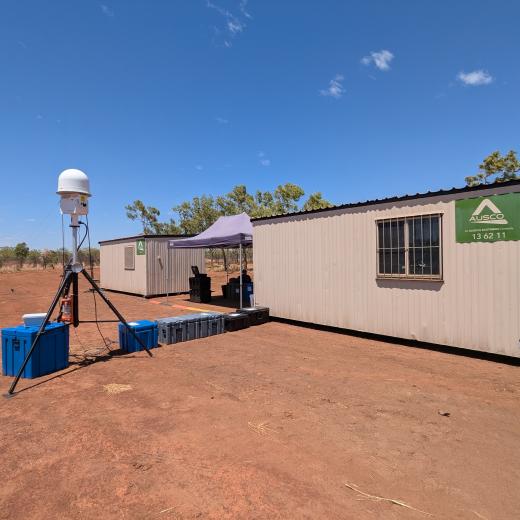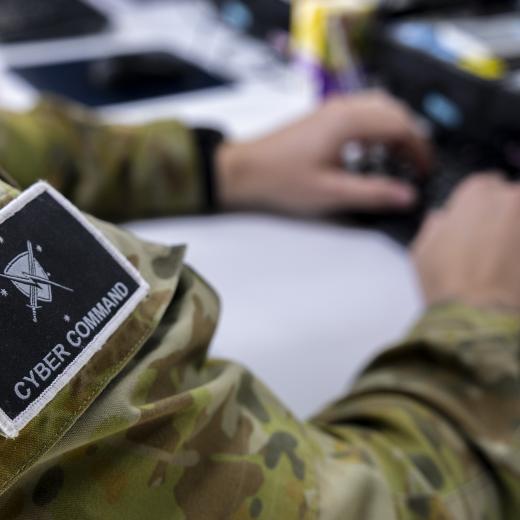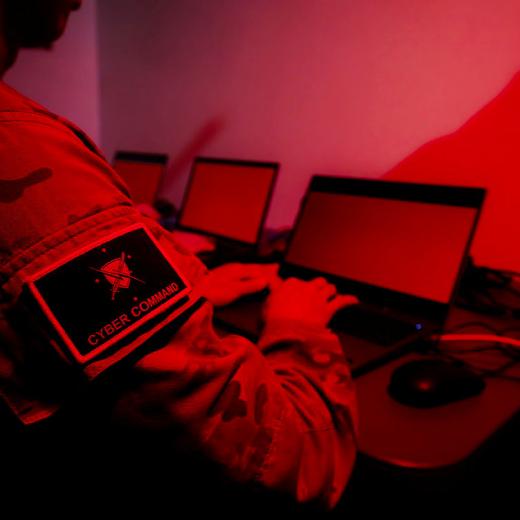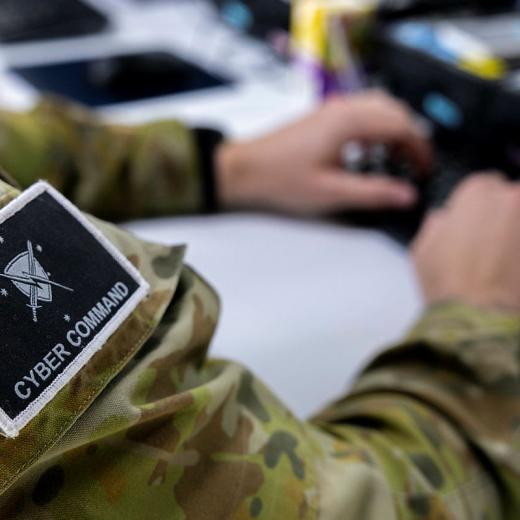BLUF
The Chief Information Officer (CIO) plays a key and growing role in contributing to an organisation's effectiveness and efficiency.Summary
In most companies/organisations, the CIO manages and leads the information technology (IT) department. A CIO should aim to deliver effective, flexible, innovative and scalable ICT solutions. A CIO must also be aware of the broader strategic environment. A CIO:
- Oversees the implementation of new systems and networks.
- Follows industry trends and new IT technologies.
- Manages the development of company-specific software.
- Focuses on best practice.
- Develops business relationships with IT vendors.
- Assists in enhancing productivity.
- Implements automated systems.
- Approves the purchase of information technology devices.
- Manages the IT budget, risk and projects.
The role is changing as the CIO becomes an educator, influencer and strategic partner who collaborates across the whole organisation. The Defence CIO is responsible for:
- Defence and whole of government security.
- The integrated single information environment.
Consider how a CIO's role in defence might differ from that of a CIO in most other organisations.
References
- 2021 Australian Defence Force Chief Information Officer S Pearson
- 2021 CIO Online magazine providing information that a CIO might find useful
- Feb 2021 Inc.Mag CIOs Who Adopt These 3 Capabilities Will Future-Proof Their Organizations
- Feb 2021 CIO State of the CIO 2021: Are Asia-Pacific tech leaders finally getting more recognition?
- Mar 2021 InfoWk Why and How the Chief Information Officer Role is Changing
- Mar 2021 MASSTLC A CIO’s Role in Disruptive Technologies
- Mar 2021 TechRepublic How to become a CIO: A cheat sheet
- Mar 2021 CIO Mag 7 ways COVID-19 has changed IT forever





